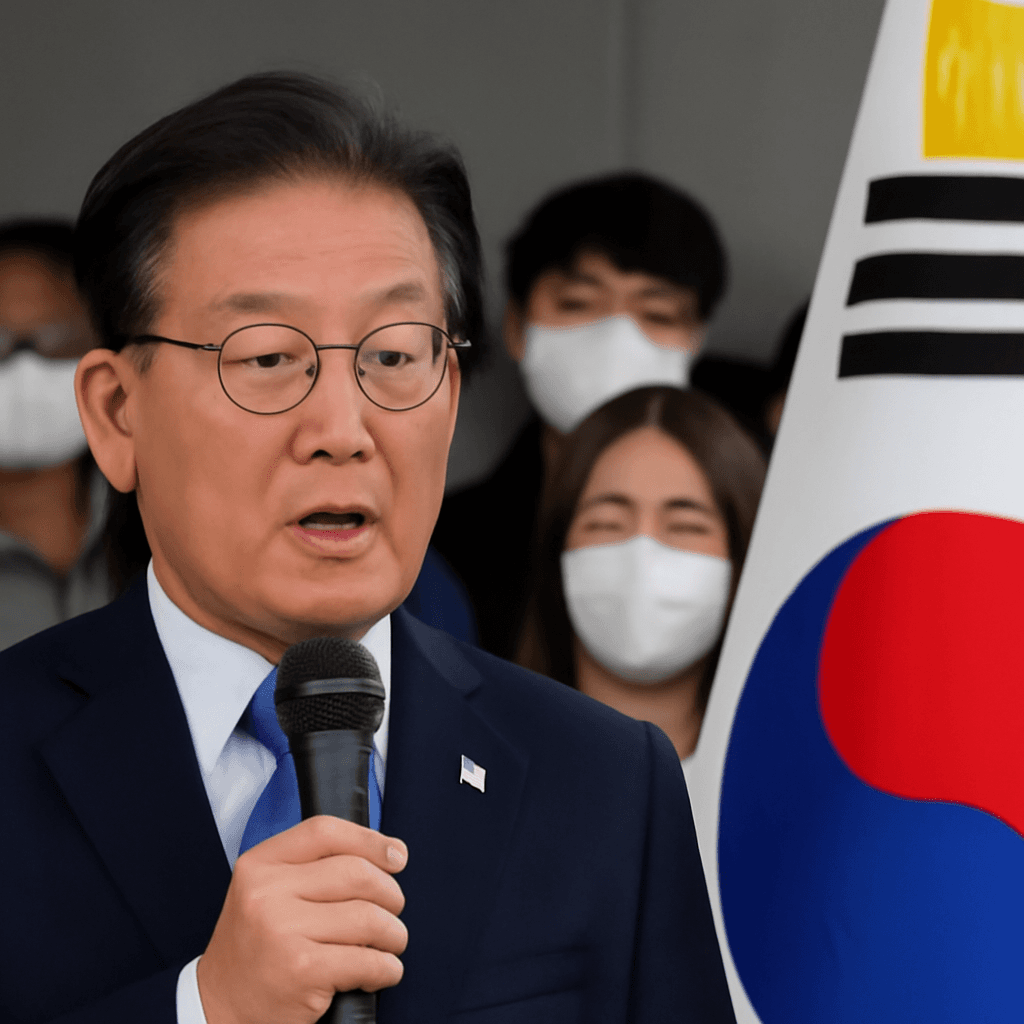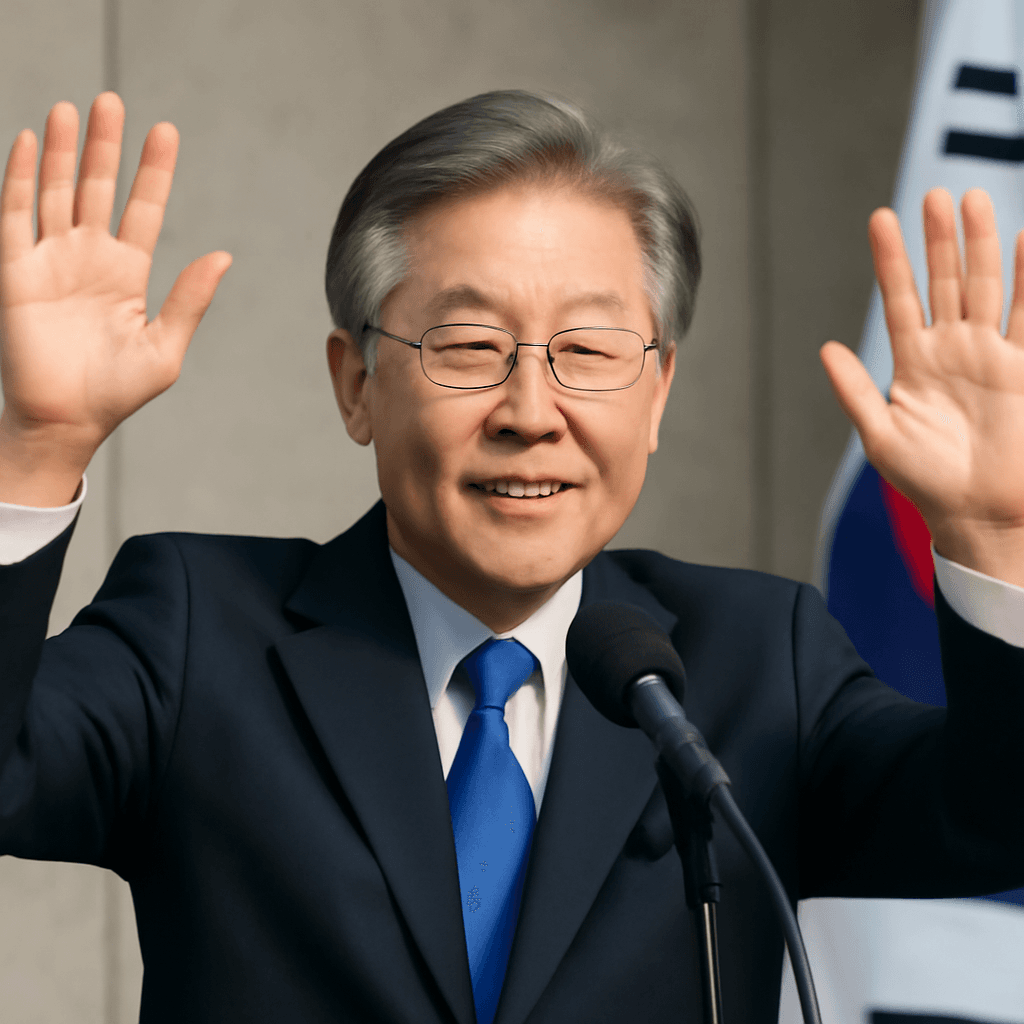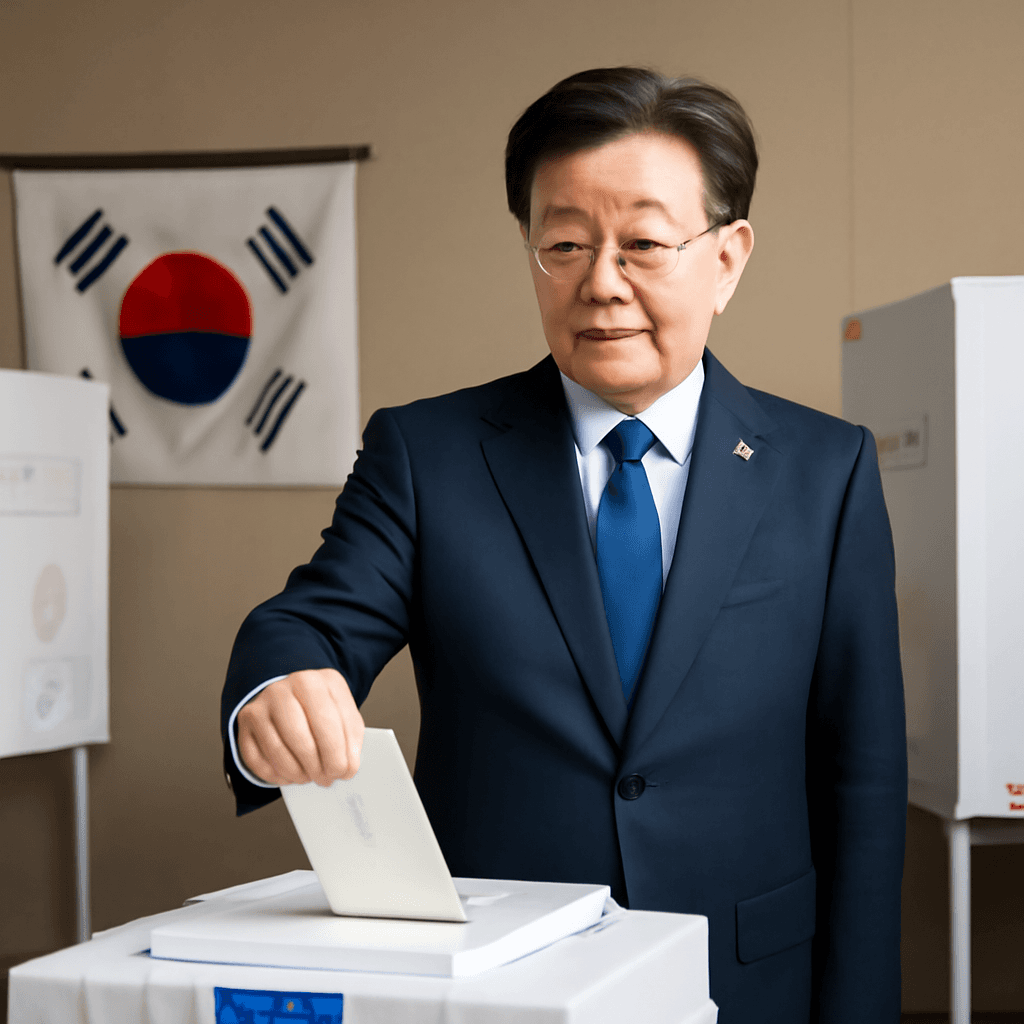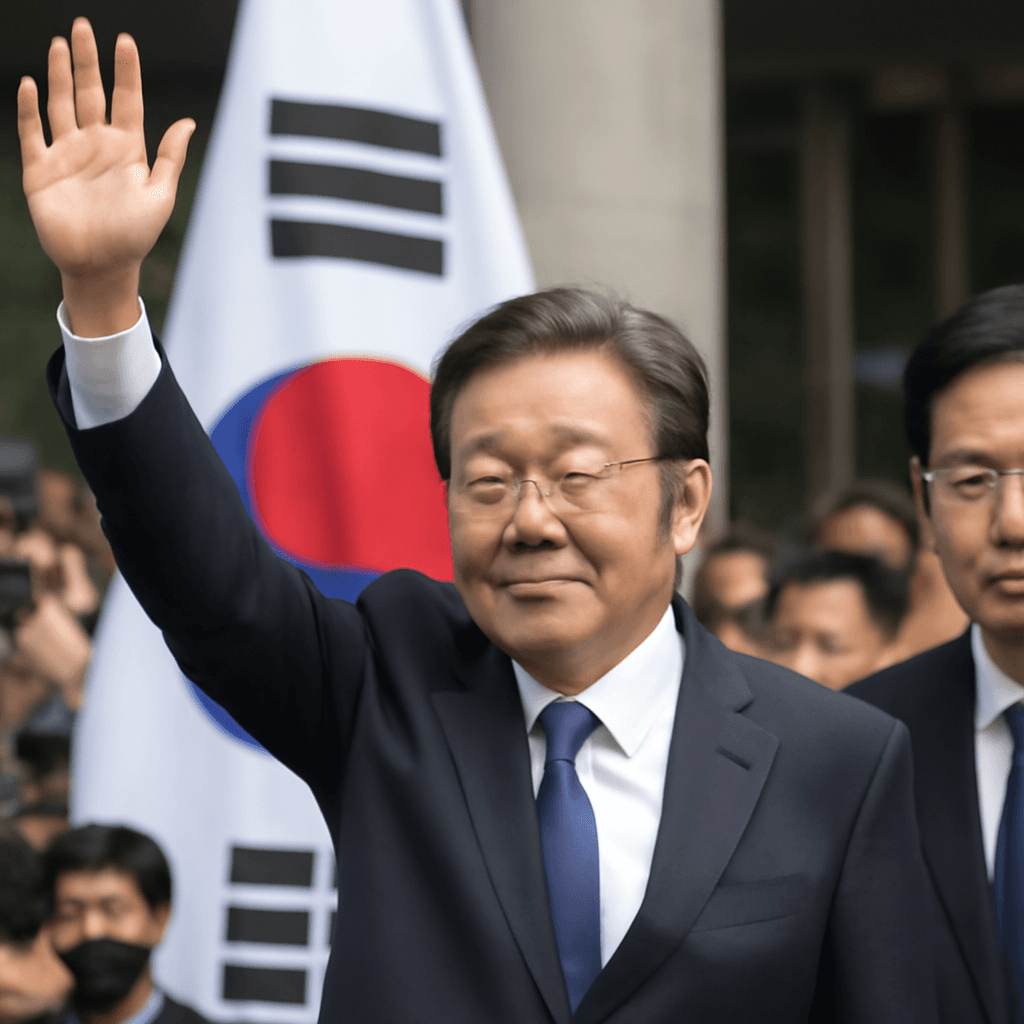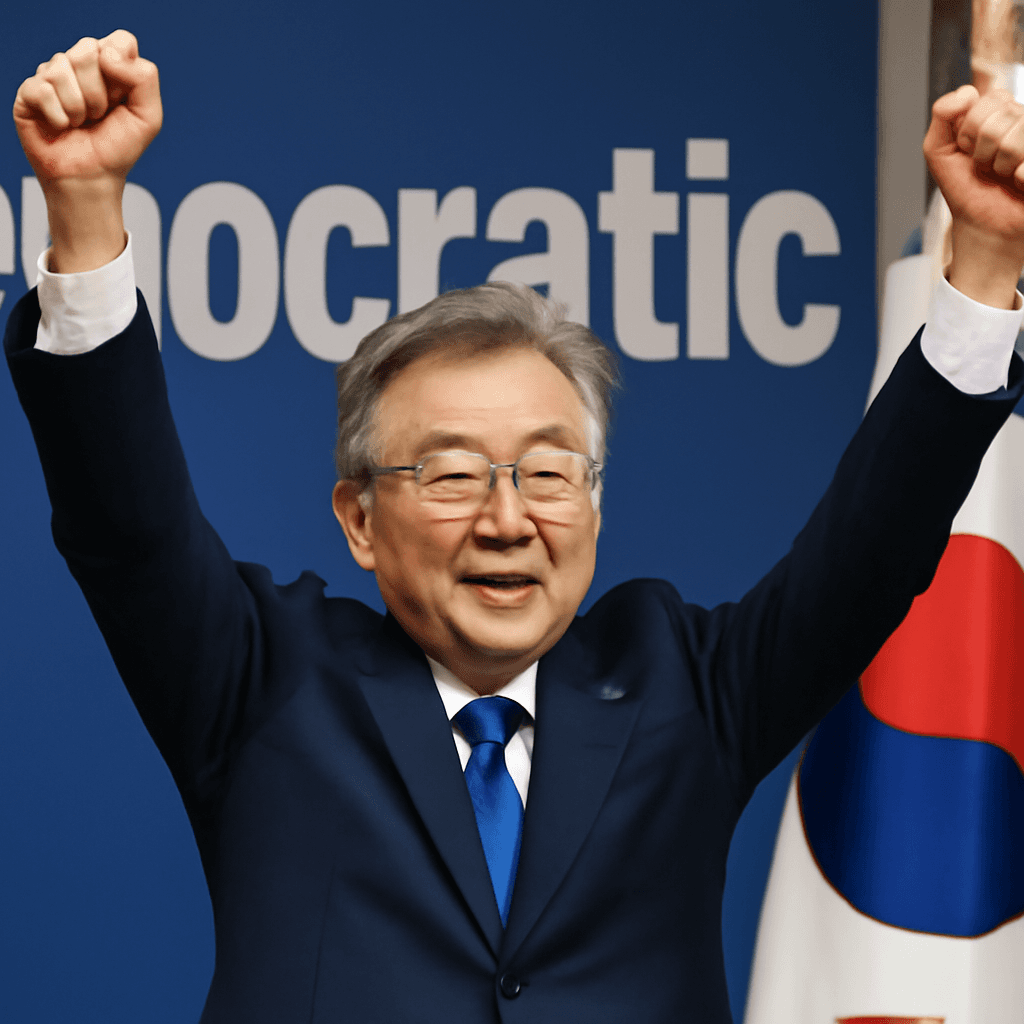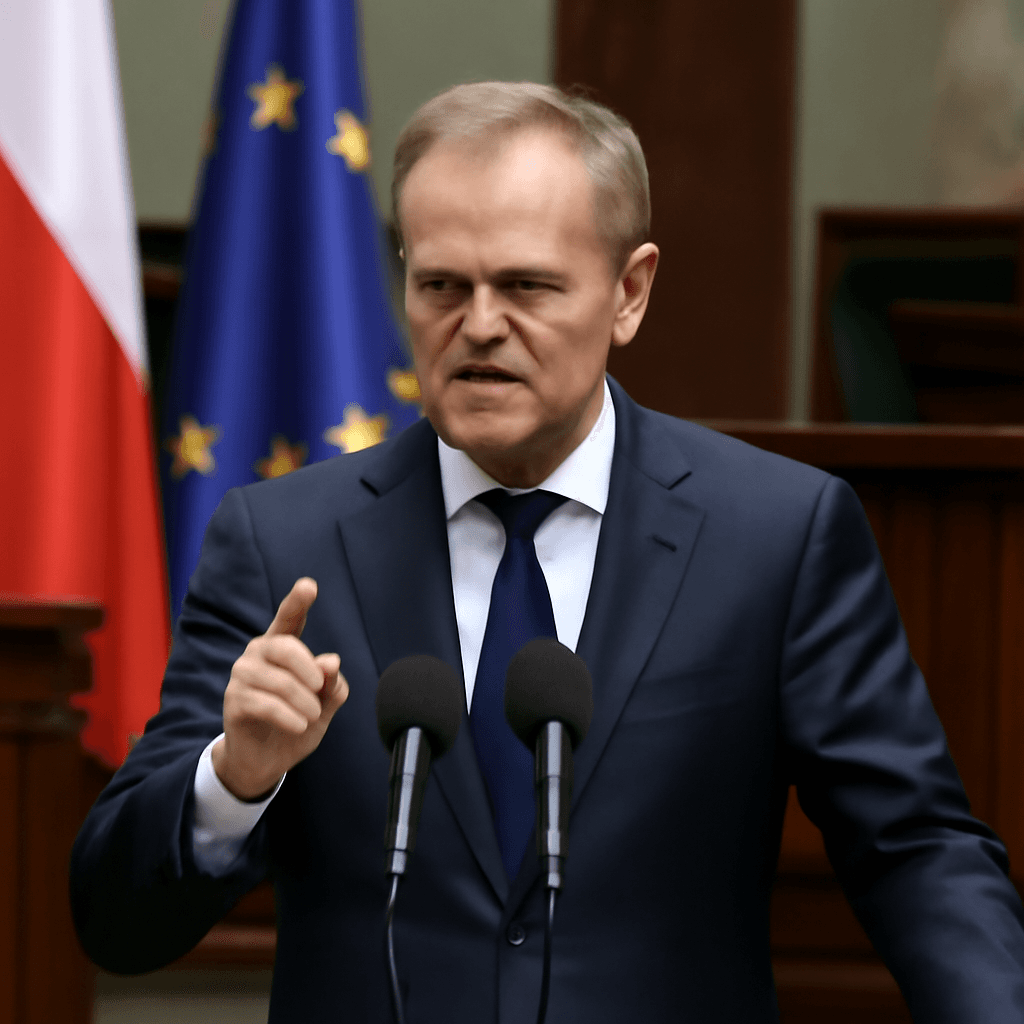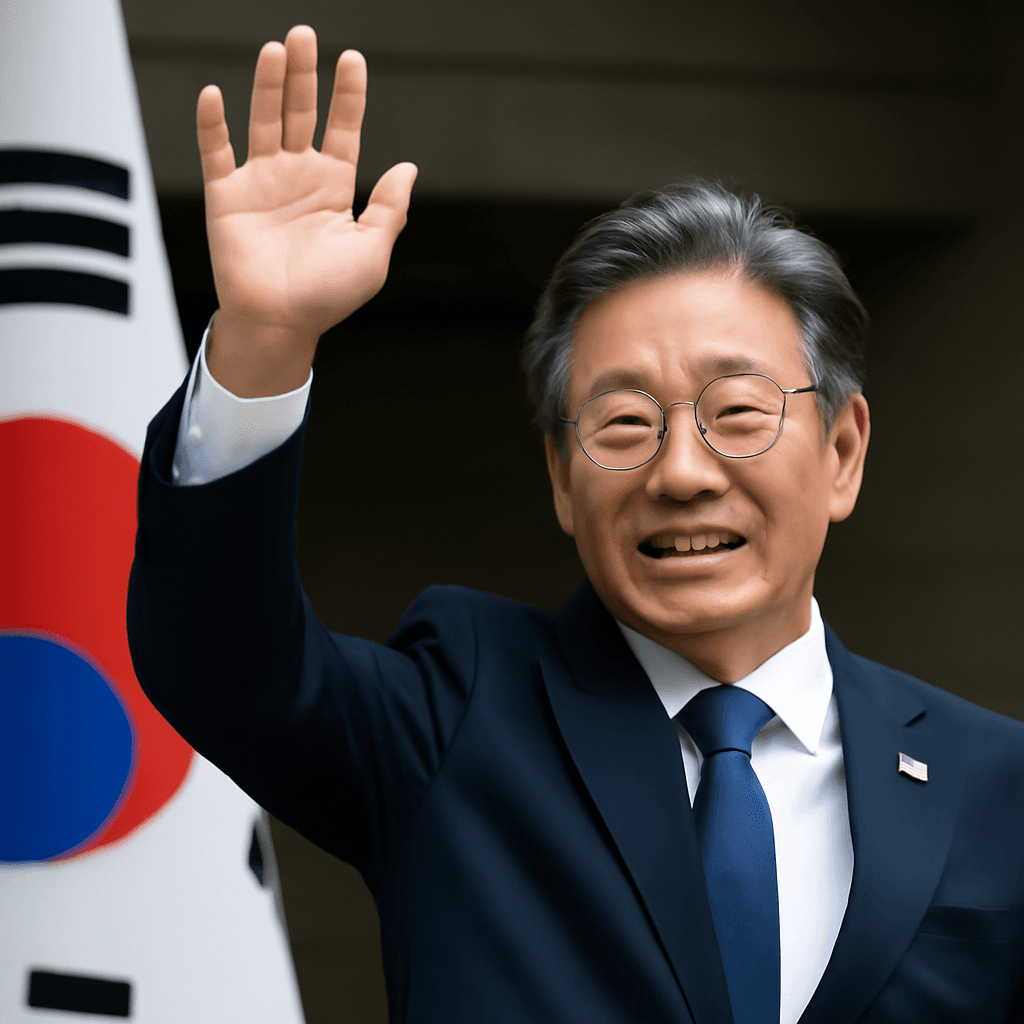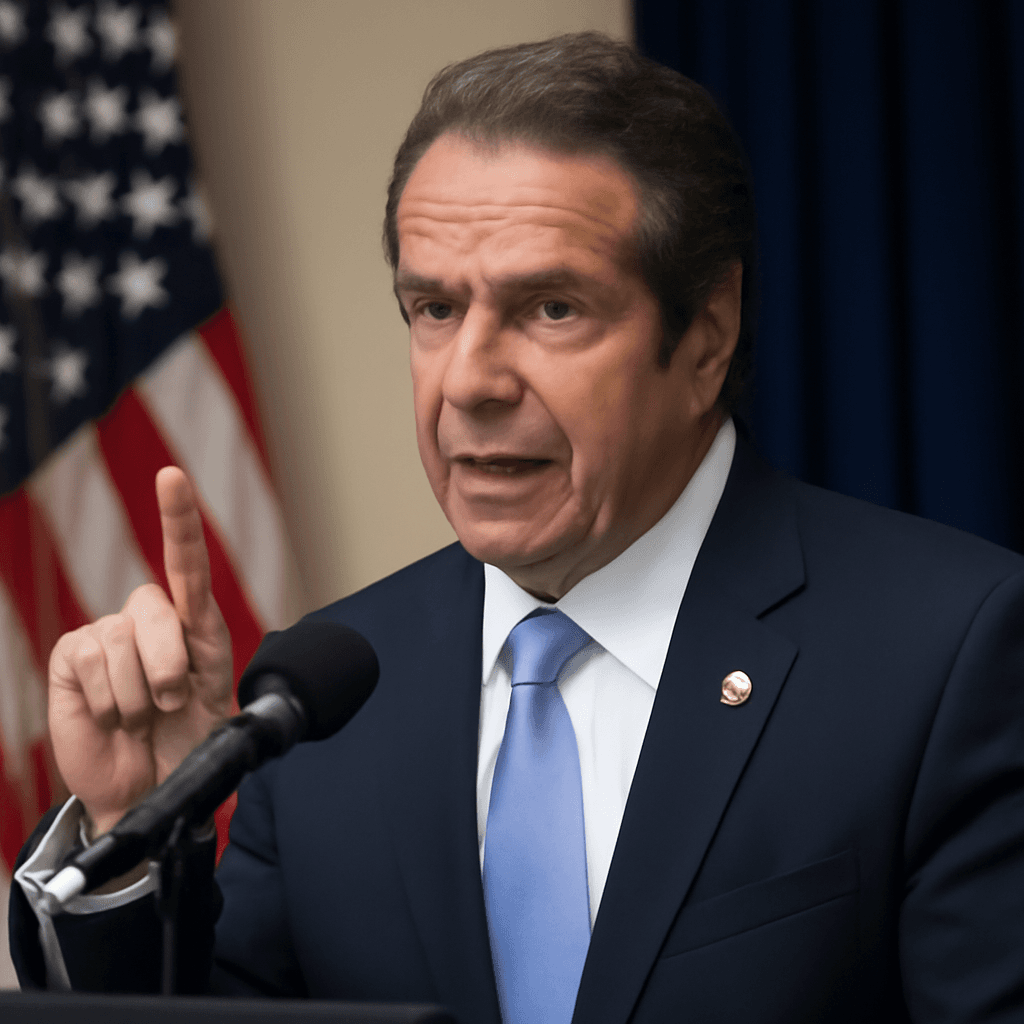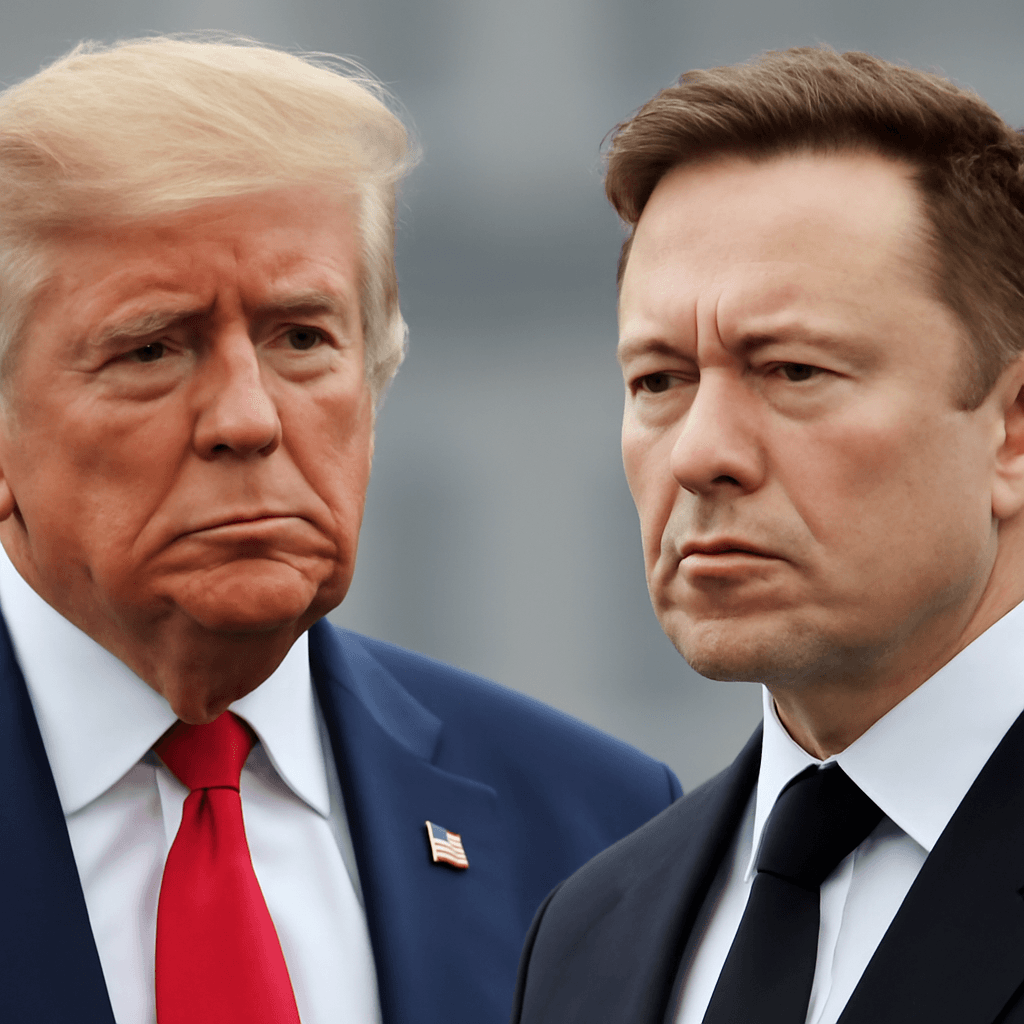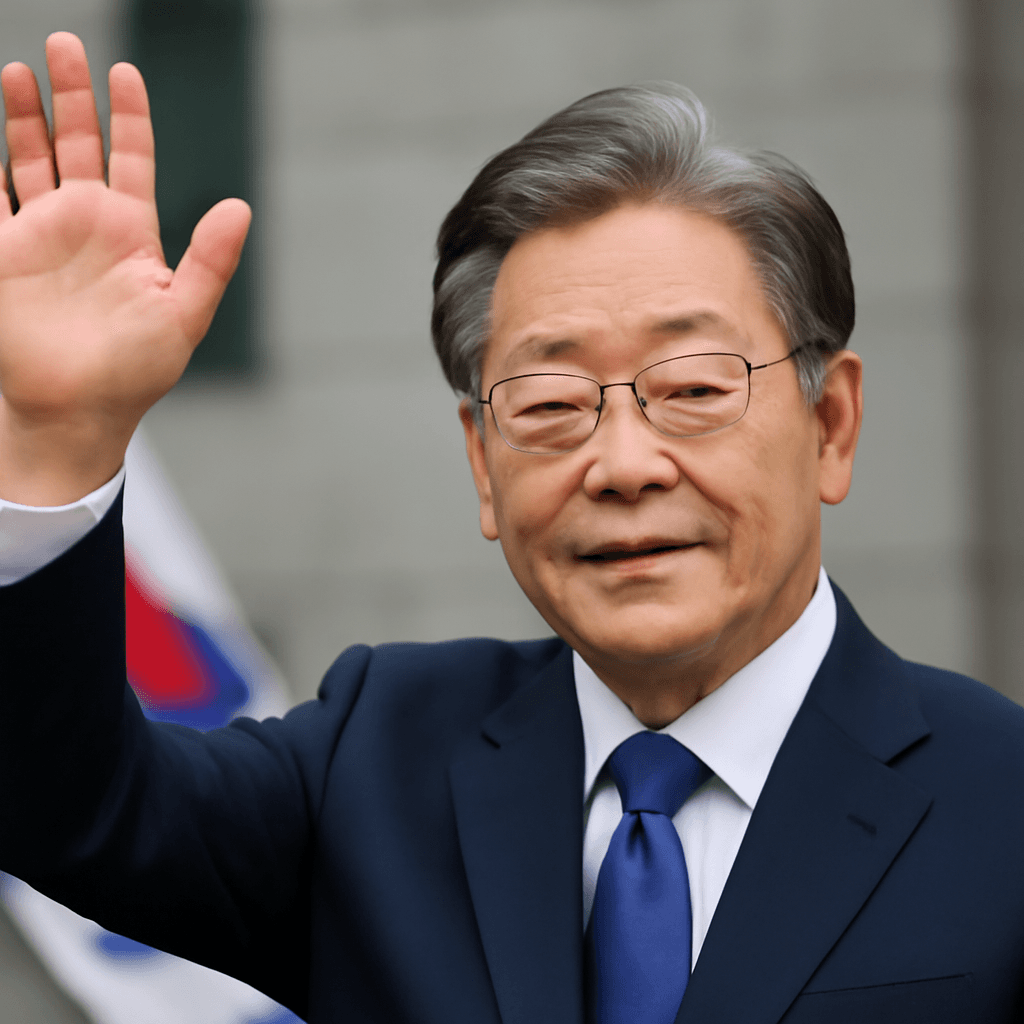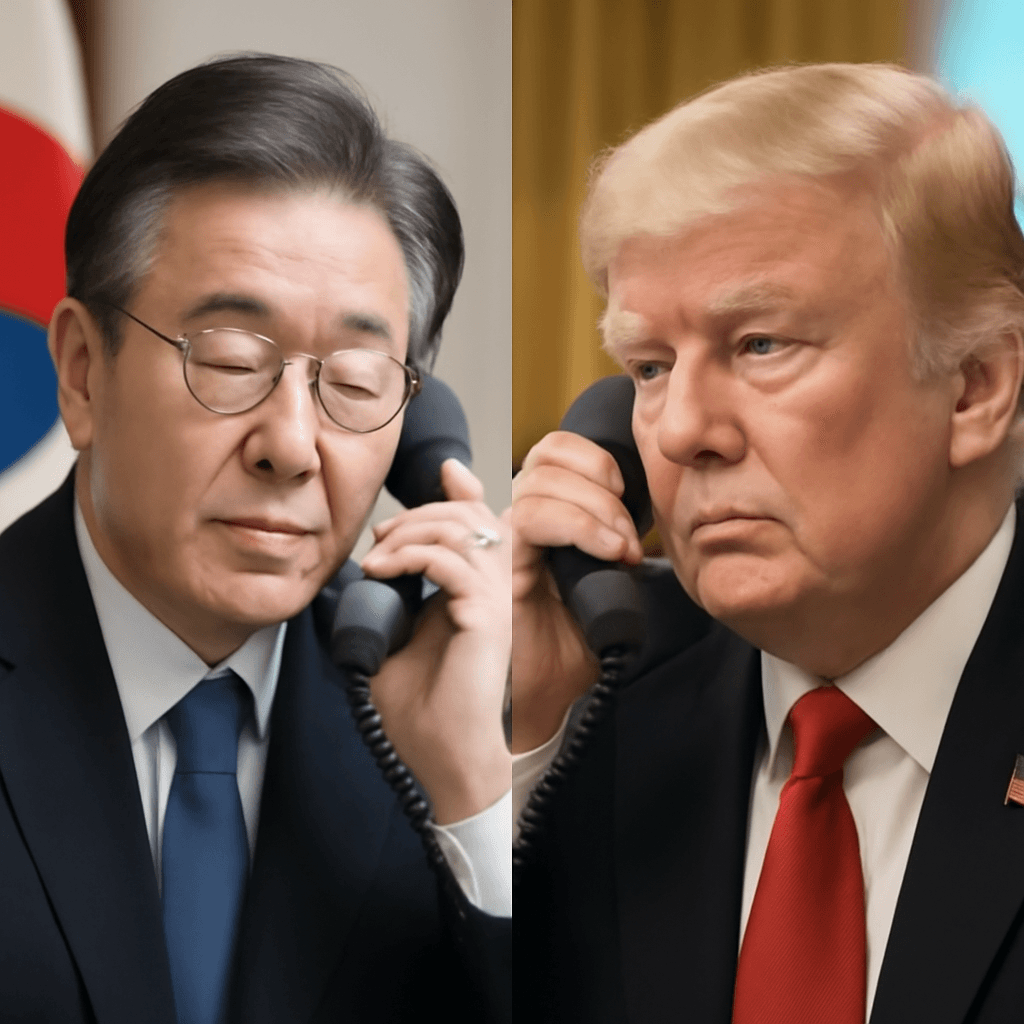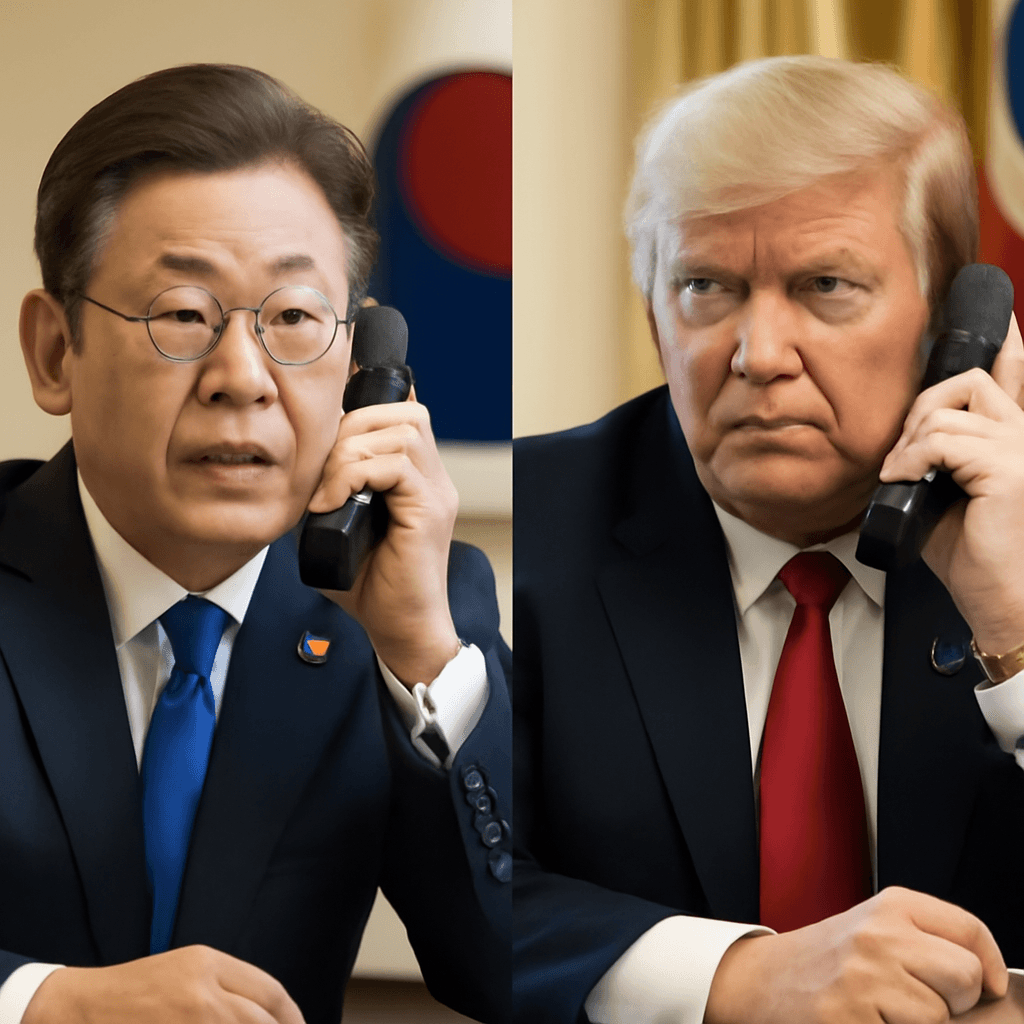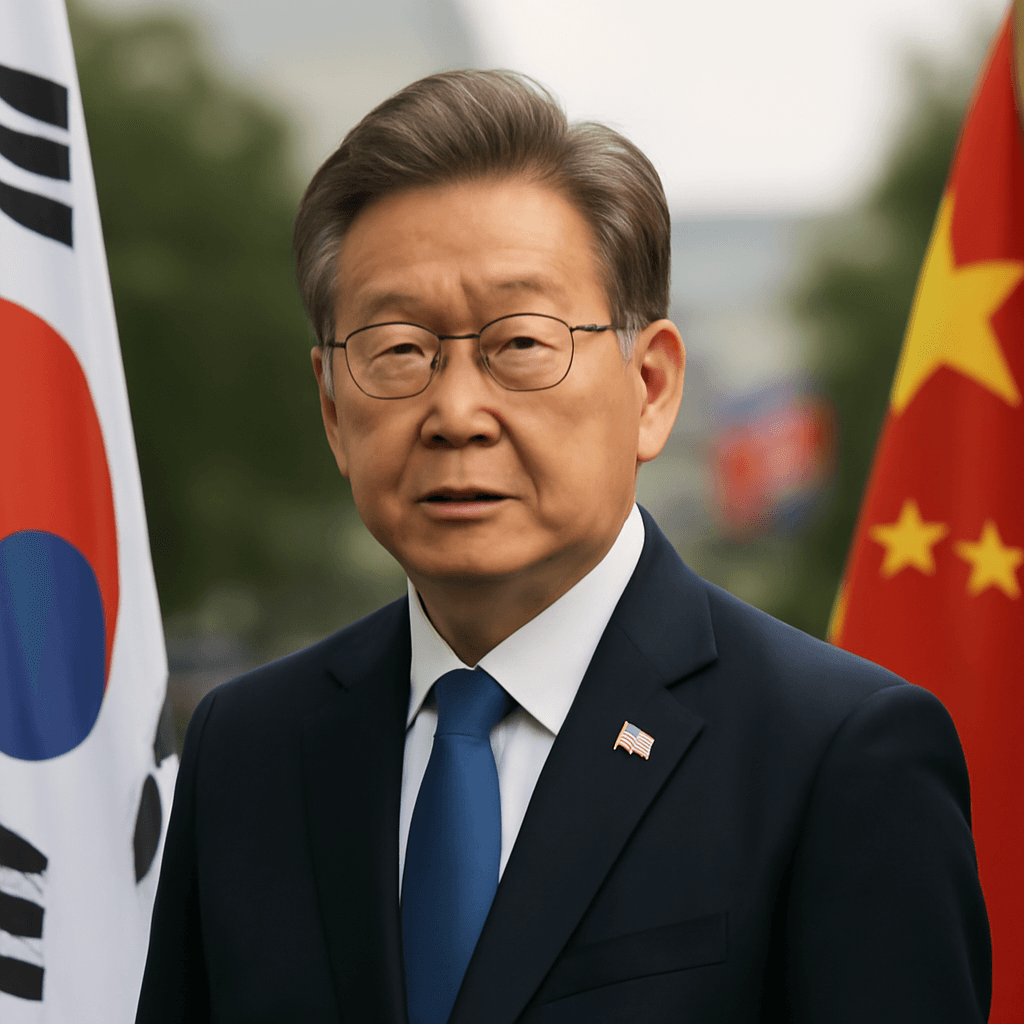Lee Jae-myung Wins Amidst Gender-Driven Political Divide
In a decisive victory, Lee Jae-myung secured 50% of the vote in South Korea's snap presidential election, surpassing his conservative rival Kim Moon-soo, who garnered 41%. Lee inherits a nation deeply divided along gender lines and grappling with political instability following the impeachment of former president Yoon Suk Yeol.
Lee's campaign successfully captured widespread voter frustration, promoting a political reset after Yoon's controversial tenure, which culminated in a chaotic martial law declaration in December 2024. Despite this, gender conflict remains a significant, though often unspoken, factor influencing voter behavior and national discourse.
Gender Politics Remaining a Central Issue
Three years after Yoon Suk Yeol’s narrow presidential win—achieved by a margin of approximately 250,000 votes and widely recognized as rooted in gender-based appeals—the impact of gender politics continues to shape electoral dynamics.
Yoon's strategy hinged on stirring resentment among young South Korean men, positioning them as victims of discrimination relative to women. Data from his election reflected this approach, with 58% support from men in their 20s and 53% from men in their 30s, contrasted by only 34% support from women in their 20s.
In contrast, the recent election revealed an absence of explicit policies addressing structural gender discrimination, domestic violence, or the underrepresentation of women in politics. Notably, no woman contended for the presidency for the first time in nearly two decades, despite significant public protests against authoritarian measures enacted by the previous administration.
Lee’s Approach to Gender Issues: Unity by Erasure
Positioning himself as a unifying figure, Lee Jae-myung dismissed the divisiveness of gender in a notable comment, asking, "Why do you keep dividing men and women? They are all Koreans." While this stance aims for inclusivity, it effectively sidelines the specific inequalities and challenges faced by different genders, ignoring the ongoing issues that fuel societal division.
Opposition figures like Lee Jun-seok of the right-wing Reform Party have reignited gender conflict, employing provocative rhetoric to mobilize young men feeling marginalized. Lee Jun-seok echoed calls to abolish the Ministry of Gender Equality and Family and made controversial remarks during debates aimed at garnering support from disaffected male voters. He ultimately secured approximately 7.7% of the vote, drawing substantial backing from men in their 20s, whereas 58% of women in the same age group supported Lee Jae-myung.
The Roots and Impact of Gender Conflict
Gender tension is a persistent feature of South Korean politics. Young men, confronted with stagnant wages, fierce job competition, and societal pressures, often perceive policies promoting gender equality as obstacles to their own economic and social advancement.
This has led to resentment toward feminist movements, which are vocal advocates not only for women's rights but broader social reforms. Research highlights that misogyny in this context functions as an outlet for frustrations related to economic hardships and a crisis of masculinity induced by neoliberal societal pressures.
Contributing to this tension is South Korea's alarming youth unemployment rate, among the highest within OECD countries, giving rise to the so-called "Sampo generation"—young individuals who have abandoned aspirations for marriage, family, and career due to economic challenges.
Global Context and Potential Paths Forward
The mobilization against feminism and gender equality is not unique to South Korea. Similar gender-based political divides have manifested worldwide, including notable patterns in US elections and the rise of far-right movements in Europe.
One possible solution to enhance representation and inclusivity in South Korea is the introduction of gender quotas in politics. Women currently hold only about 19% of seats in the National Assembly, far below averages seen in many developed countries. Greater female political participation could help bring attention to gender-specific issues and promote more balanced policymaking.
Lee Jae-myung's election offers a moment of respite and potential political stability. However, the entrenched gender divisions remain fragile fault lines within South Korean society. Ignoring these dynamics carries risks, as marginalized demographics may become susceptible to opportunistic populist rhetoric.
Key Takeaways:
- Lee Jae-myung won with 50% of the vote in a polarized political environment.
- Gender divisions continue to significantly influence South Korean politics.
- Young men’s economic frustrations translate into political resentment of gender equality policies.
- Women remain underrepresented in politics, holding just 19% of legislative seats.
- Addressing structural inequalities is vital to national cohesion and democratic progress.

